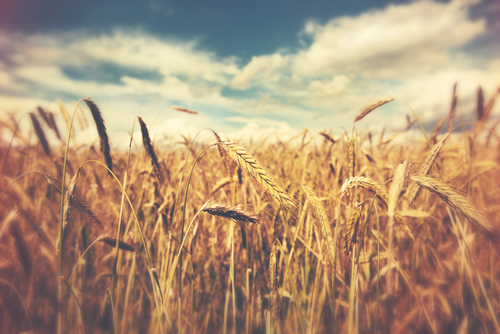Russia’s Wheat Crop Fails?
The weather turned very cold this year as our computer has been forecasting. The importance of our model’s forecasts lies in determining what will be the next cycle focus. Each cycle tends to shift from one to the next sector. While we still risk a strong dollar rally into 2020 creating the economic recession through deflation as assets decline, the next 8.6-year cycle appears to be setting up to be a commodity cycle. As the climate changes to bitter cold, we have warned this is when FAMINE and DISEASE rise. The flu season is always when it turns cold – not warm.
It is important to keep an eye on the climate cycle and prepare for the next real bull market. This year, the wheat crop in Russia has failed because of the bitter cold with even April coming in as the coldest in more than 140 years. The people who want to believe in global warming are so enamored with this idea mixing up pollution with climate change that they fail to see the trend coming. As crops fail with colder winters, food supplies will decline and prices will rise. So look for the next 8.6-year Economic Confidence Model Wave to bring higher prices in food.

